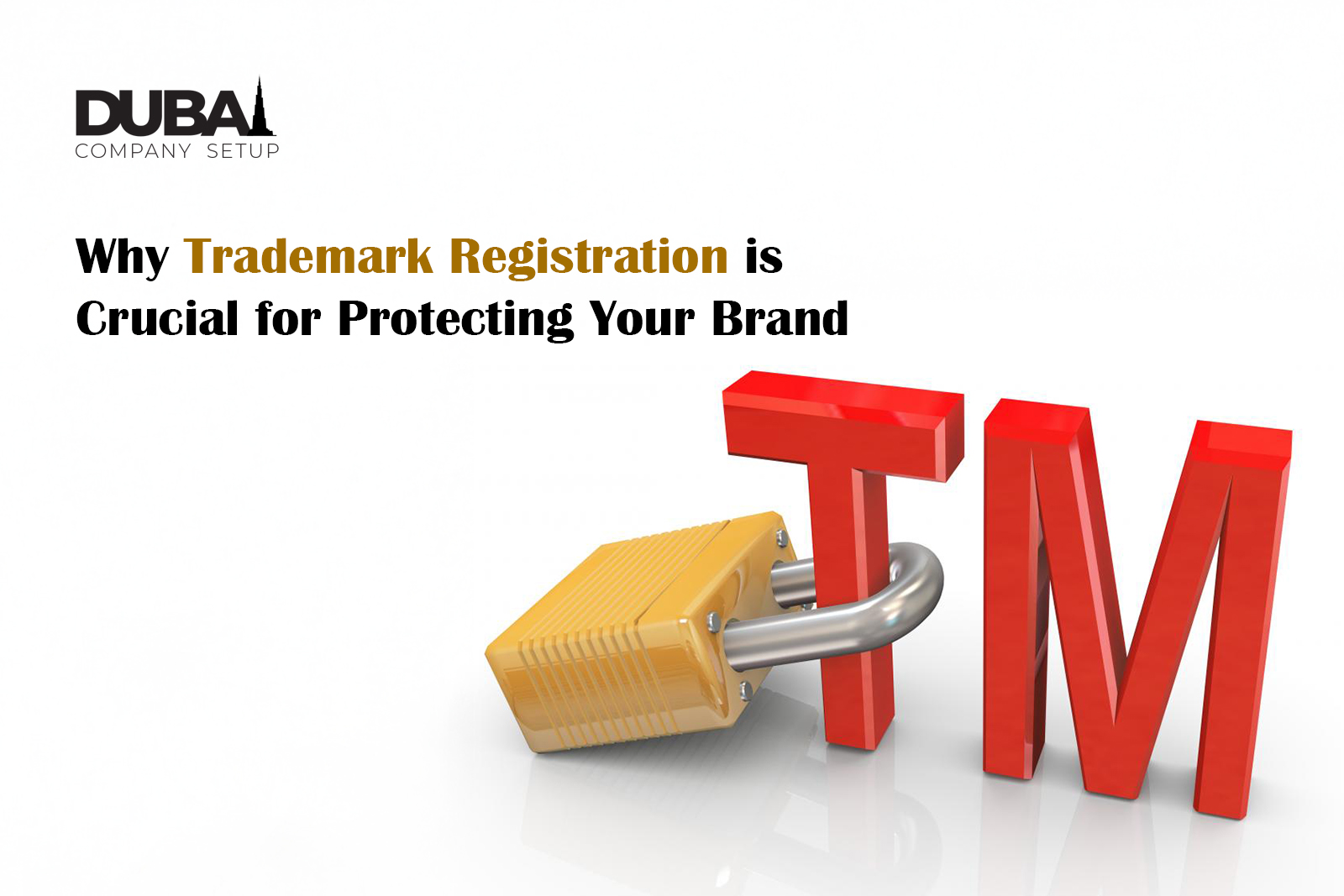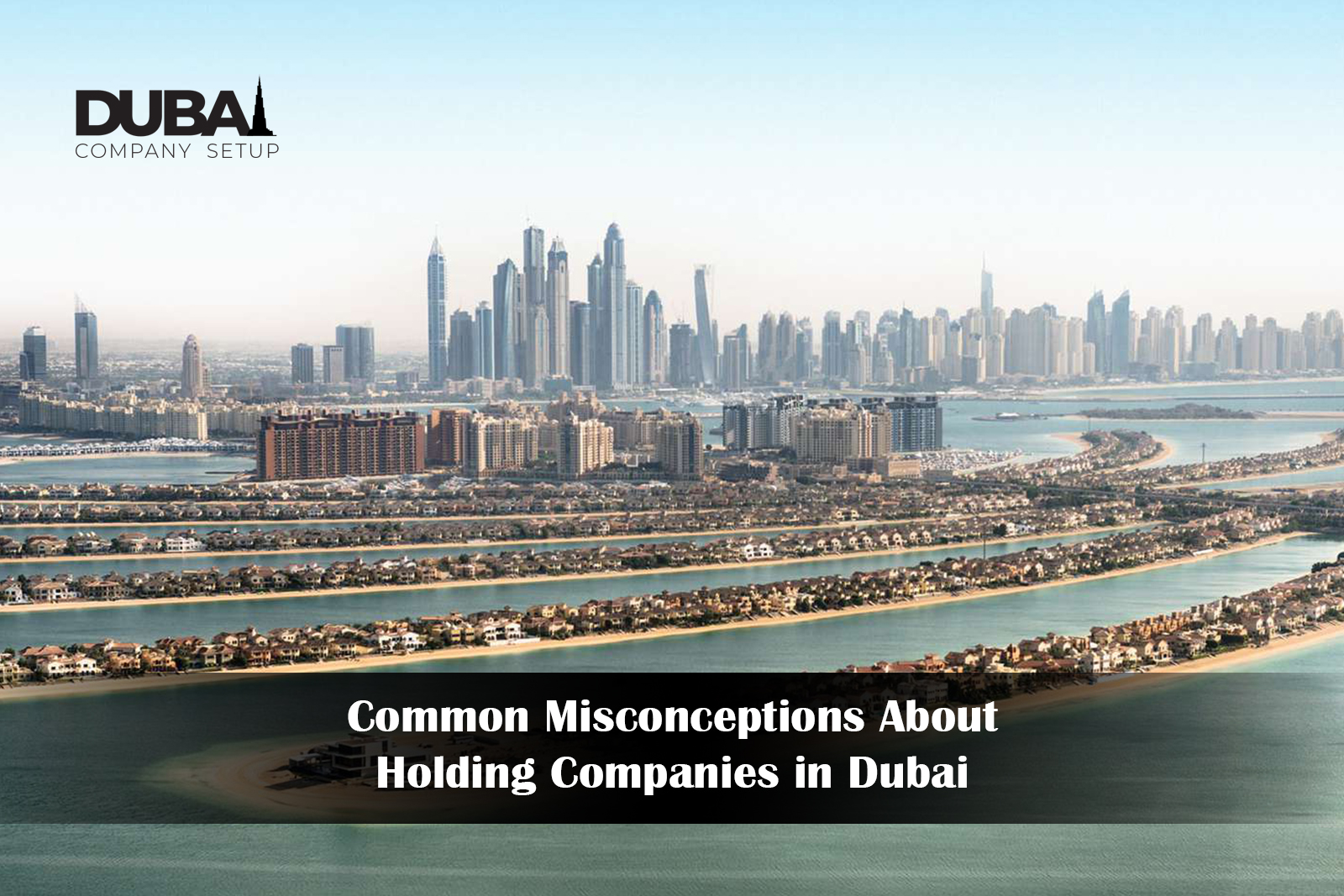If you are planning to start a business in Dubai, understanding Dubai’s Legal Structure is crucial. Dubai offers a business-friendly environment with multiple legal frameworks that cater to different industries and business types. Whether you are an entrepreneur, startup owner, or established company, knowing how the legal system works can help you make informed decisions.
This blog will guide you through Dubai’s Legal regulations, explaining different business setups, laws, and key regulations that every foreign entrepreneur should be aware of.

Understanding Dubai’s Legal Structure
Dubai has a well-defined legal system that supports business growth. Entrepreneurs can choose from different legal frameworks depending on their business goals, industry, and ownership requirements.
- 1. Mainland Companies
A mainland company allows businesses to operate anywhere in Dubai and the UAE. These companies are regulated by the Department of Economy and Tourism (DET). Entrepreneurs choosing a mainland setup benefit from:
- No restrictions on trading within the UAE market.
- Ability to take government contracts.
- No limits on business expansion.
- 100% foreign ownership in most industries (earlier, local sponsors were mandatory, but new laws allow full ownership in many sectors).
- 2. Free Zone Companies
Dubai has more than 30 free zones, each designed for specific industries such as technology, finance, media, and logistics. Businesses in free zones enjoy:
- 100% foreign ownership.
- Full repatriation of profits and capital.
- No corporate tax.
- No customs duties on imports and exports.
- Fast and easy business registration processes.
However, free zone companies are limited to operating within the free zone or internationally unless they partner with a mainland distributor.
- 3. Offshore Companies
An offshore company in Dubai is ideal for businesses that operate outside the UAE but want to benefit from its tax-friendly environment. Offshore companies are often used for:
- Asset protection.
- Holding companies.
- International trading.
- Tax optimization.
These companies cannot conduct business within the UAE but offer benefits like no corporate tax, easy banking, and global credibility.
Key Regulations for Foreign Entrepreneurs
Dubai follows a transparent and business-friendly regulatory system. Here are some of the most important legal aspects for foreign entrepreneurs:
- 1. Licensing and Registration
Every business in Dubai must be registered and obtain the necessary licenses. The three main types of licenses are:
- Commercial License – For trading and general business activities.
- Industrial License – For manufacturing and production-related businesses.
- Professional License – For service-based businesses, including consultants and freelancers.
Each business type requires specific approvals from relevant authorities.
- 2. Visa and Residency Rules
Entrepreneurs setting up a business in Dubai can apply for residency visas. Depending on the investment and company structure, business owners can obtain:
- Investor visas for company owners and shareholders.
- Employment visas for staff and employees.
- Golden Visa for long-term investors and entrepreneurs.
- 3. Corporate Taxation
Dubai is known for its tax-friendly environment. While free zones and offshore businesses enjoy zero corporate tax, mainland companies are subject to a 9% corporate tax if they exceed a certain profit threshold. However, small businesses and startups with low revenue may qualify for tax exemptions.
- 4. Intellectual Property Protection
Dubai has strict laws to protect intellectual property (IP). Entrepreneurs must ensure that their trademarks, patents, and copyrights are registered to prevent legal issues. The UAE government actively enforces IP rights to create a safe business environment.
- 5. Employment Laws and Labor Rights
Hiring employees in Dubai requires compliance with UAE labor laws. Business owners must provide employment contracts, fair wages, and end-of-service benefits. The laws protect both employers and employees, ensuring a balanced work environment.
Pro Tips for Setting Up a Business in Dubai
- Choose the Right Business Setup: Mainland, free zone, or offshore – pick the one that suits your business needs.
- Understand Local Regulations: Ensure compliance with UAE laws to avoid fines and penalties.
- Hire a Legal Consultant: Getting expert advice can simplify the process and prevent legal issues.
- Plan for Business Growth: Dubai offers long-term business opportunities, so plan for expansion.
- Leverage Networking Opportunities: Attend business events and join industry groups to connect with potential partners and clients.
FAQs
What is the best business setup under Dubai’s Legal Structure?
The best setup depends on your business type. Free zones are great for international trade, while mainland businesses offer local market access.C
Can foreigners fully own a company in Dubai?
Yes, in most free zones and many mainland industries, foreigners can own 100% of their business without a local sponsor.
How long does it take to set up a business in Dubai?
The process can take anywhere from 7 to 21 days, depending on the business type and necessary approvals.
Do businesses in Dubai have to pay corporate tax?
Only mainland businesses earning over the tax threshold are subject to a 9% corporate tax. Free zones and offshore companies enjoy tax-free benefits.
What are the key legal risks foreign entrepreneurs should be aware of?
Legal risks include non-compliance with UAE laws, improper business licensing, and labor law violations. Consulting a legal expert can help avoid these issues.
Conclusion
Understanding Dubai’s Legal Structure is essential for foreign entrepreneurs looking to establish a successful business. With options like mainland, free zone, and offshore setups, Dubai provides flexibility, tax benefits, and a thriving economic environment. By following legal requirements, choosing the right business model, and leveraging available resources, entrepreneurs can build a strong foundation for growth in Dubai’s dynamic market.
If you are ready to start your business in Dubai, ensure you comply with legal regulations, seek expert advice, and take advantage of Dubai’s investor-friendly ecosystem. The opportunities are endless!





